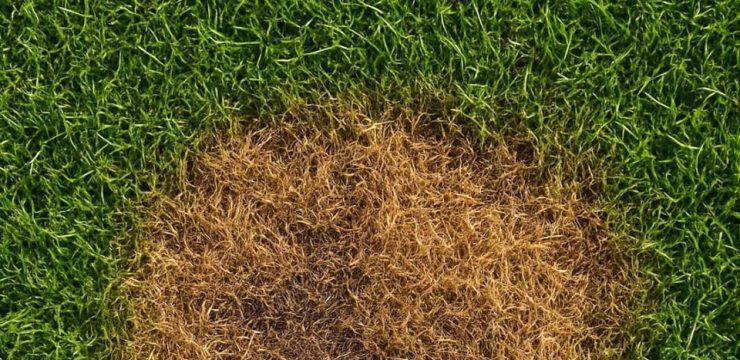Dealing with colds, sneezing, and coughing is never pleasant, and one of the most annoying symptoms that often sticks around is the buildup of phlegm and mucus in the chest and throat. If you’ve been struggling with persistent coughing, throat irritation, or difficulty breathing because of excess mucus, you’re definitely not alone.

The good news is that there are several natural, effective remedies you can try at home to help clear out phlegm and mucus, making it easier to breathe and feel more comfortable. To start, it helps to understand exactly what phlegm is and why it builds up in the first place. Phlegm is a thick, sticky substance produced by your respiratory system—which includes your throat, nose, and lungs. Its main purpose is to trap dust, bacteria, and other irritants, acting as a protective barrier to keep your airways clear. However, when you catch a cold, suffer from allergies, experience respiratory infections, smoke, or get exposed to other irritants, your body tends to produce excess mucus.
This overload can cause congestion and discomfort, so finding natural ways to reduce and clear the mucus is key before jumping straight to medications. One of the easiest and most effective remedies is to stay well-hydrated. Drinking plenty of fluids such as water, herbal teas, or warm broths helps thin out the mucus, making it much easier for your body to expel. Proper hydration also soothes the throat and supports overall respiratory health. Another classic home remedy is gargling with warm salt water. Simply mix half a teaspoon of salt into a glass of warm water and gargle several times a day. This helps soothe throat irritation and reduce mucus buildup by calming inflammation and loosening mucus in the throat. Steam inhalation is another powerful way to break up mucus.
You can do this by leaning over a bowl of hot water, covering your head with a towel to trap the steam, and breathing deeply. The warm, moist air helps moisten your nasal passages and throat, loosening the sticky mucus so it can be cleared out more easily. Applying a warm compress to your chest or throat is also helpful. The heat encourages circulation and helps loosen mucus trapped in your airways, relieving congestion and making breathing more comfortable. Additionally, natural ingredients like honey and lemon can work wonders for your throat. Mixing a tablespoon of honey with warm water or tea and adding a squeeze of lemon creates a soothing drink that not only calms irritation but also helps break down mucus. Running a humidifier indoors is another great way to add moisture to dry air, which often makes mucus thicker and more bothersome. Keeping the air humidified helps keep your respiratory tract moist and aids in loosening mucus in the chest and throat. Just be sure to clean your humidifier regularly to prevent bacteria or mold buildup.
Nasal irrigation with a saline solution or a neti pot is a tried-and-true method to flush out excess mucus and relieve nasal congestion. This gentle rinse clears irritants and mucus that contribute to discomfort and blocked sinuses. While trying these natural remedies, it’s also important to avoid irritants that can worsen your symptoms. Stay away from cigarette smoke, air pollution, strong chemical odors, and other environmental factors that aggravate your respiratory system and cause more mucus production. There are also some things to avoid while you work on clearing phlegm and mucus. Smoking and exposure to secondhand smoke will only make your symptoms worse. For some people, dairy products can thicken mucus, so it might be helpful to limit them during illness. Excessive sugary foods and drinks may also increase mucus production. Avoid overusing decongestant sprays without medical advice, as they can cause rebound congestion and worsen symptoms over time. Lastly, suppressing your cough too much isn’t recommended since coughing is your body’s natural way of clearing mucus from your airways. If you’ve tried these remedies but your symptoms persist or get worse, it’s a good idea to consult a healthcare professional. A doctor can provide an accurate diagnosis and recommend treatments tailored to your condition, making sure any underlying issues are properly addressed. By following these natural tips—staying hydrated, gargling salt water, inhaling steam, applying warmth, drinking honey and lemon, running a humidifier, practicing nasal irrigation, and avoiding irritants—you can effectively reduce phlegm and mucus buildup. This will help you breathe easier and support your overall respiratory health during illness. Remember to listen to your body and seek medical advice when necessary for a full recovery. Feel free to share this guide with your friends and family on Facebook so more people can benefit from these natural remedies to clear phlegm and mucus.





